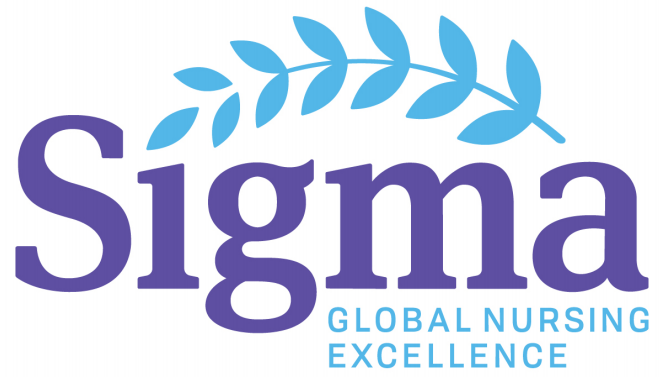Presenter Classification
Graduate Student
Presentation Type
Poster Presentation
Publication Date
4-14-2022
Start Date
14-4-2022 3:40 PM
End Date
14-4-2022 4:15 PM
Keywords
CAM screening tool, older adults, confusion assessment method, delirium
Abstract Type
Quality Improvement/Process Improvement Project
Abstract
A Quality Improvement project to initiate the Confusion Assessment Method (CAM) delirium screening tool at a Skilled Nursing Facility and Rehabilitation Center in East Tennessee -- by S. Joseph Jadav, Doctor of Nursing Practice Candidate at East Tennessee State University.
Purpose/Aims: The aim of this project is to implement a delirium screening protocol in a skilled nursing and rehabilitation facility which will aid in early detection of signs and symptoms of delirium in older adults. This early detection followed by an early intervention can help reduce costs and decrease mortality rates with better outcomes.
Processes: A CAM screening is conducted on each patient (male & female) for delirium for a period of four weeks. Data collection will comprise of the number of patients assessed and the total number of positive and negative delirium cases. It was determined that the proposed activity is not research involving human subjects according to United States Department of Health and Human Services (DHHS) regulations by the university’s Institutional Review Board (IRB).
Results: The project is currently in the data collection phase.
Limitations: Refusal to participate either by the patient or family in the screening.
Conclusions: While nearly 80% of delirium cases in an acute care setting go undetected or undiagnosed, this project to implement a delirium screening protocol in a skilled nursing facility is even more imperative in early detection and early intervention.
Poster
Included in
A Quality Improvement project to initiate the Confusion Assessment Method (CAM) delirium screening tool at a Skilled Nursing Facility and Rehabilitation Center in East Tennessee.
A Quality Improvement project to initiate the Confusion Assessment Method (CAM) delirium screening tool at a Skilled Nursing Facility and Rehabilitation Center in East Tennessee -- by S. Joseph Jadav, Doctor of Nursing Practice Candidate at East Tennessee State University.
Purpose/Aims: The aim of this project is to implement a delirium screening protocol in a skilled nursing and rehabilitation facility which will aid in early detection of signs and symptoms of delirium in older adults. This early detection followed by an early intervention can help reduce costs and decrease mortality rates with better outcomes.
Processes: A CAM screening is conducted on each patient (male & female) for delirium for a period of four weeks. Data collection will comprise of the number of patients assessed and the total number of positive and negative delirium cases. It was determined that the proposed activity is not research involving human subjects according to United States Department of Health and Human Services (DHHS) regulations by the university’s Institutional Review Board (IRB).
Results: The project is currently in the data collection phase.
Limitations: Refusal to participate either by the patient or family in the screening.
Conclusions: While nearly 80% of delirium cases in an acute care setting go undetected or undiagnosed, this project to implement a delirium screening protocol in a skilled nursing facility is even more imperative in early detection and early intervention.

